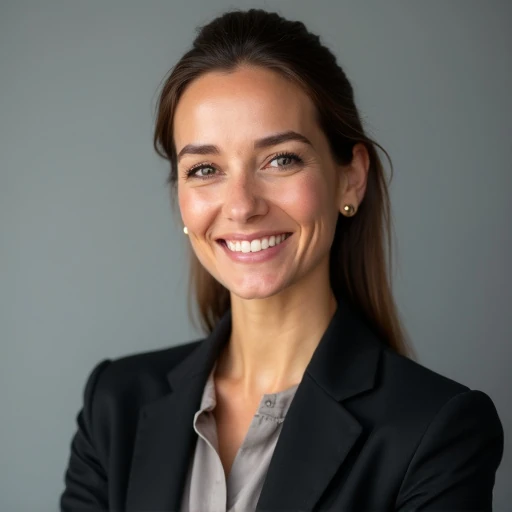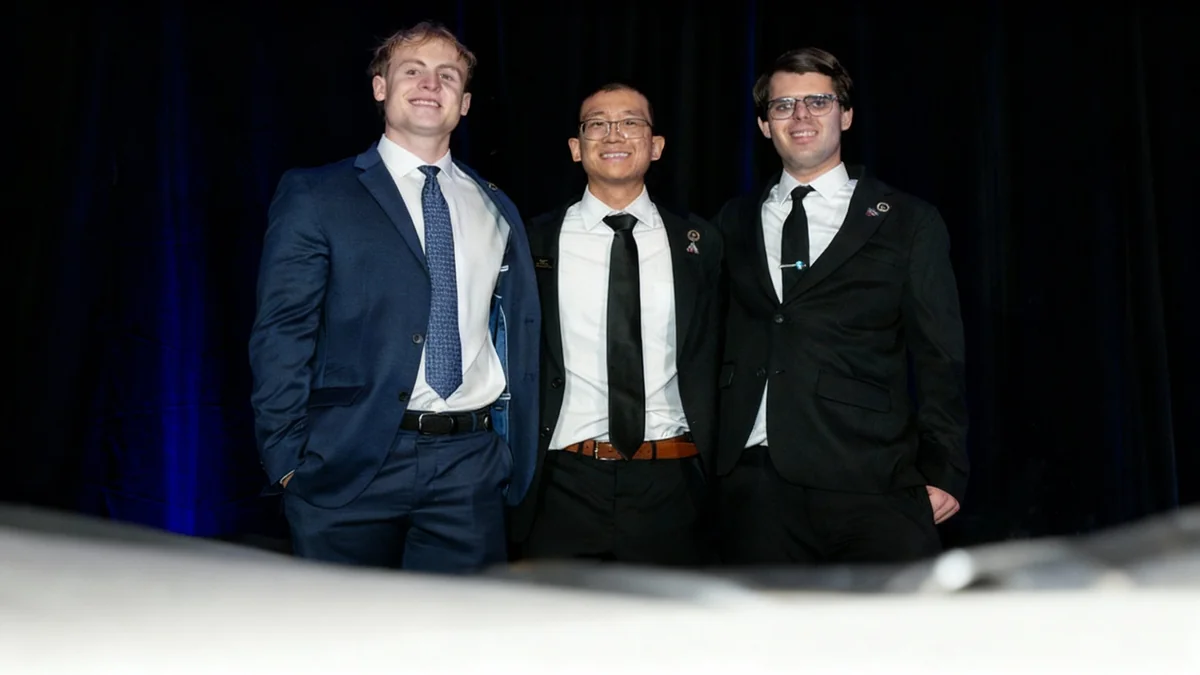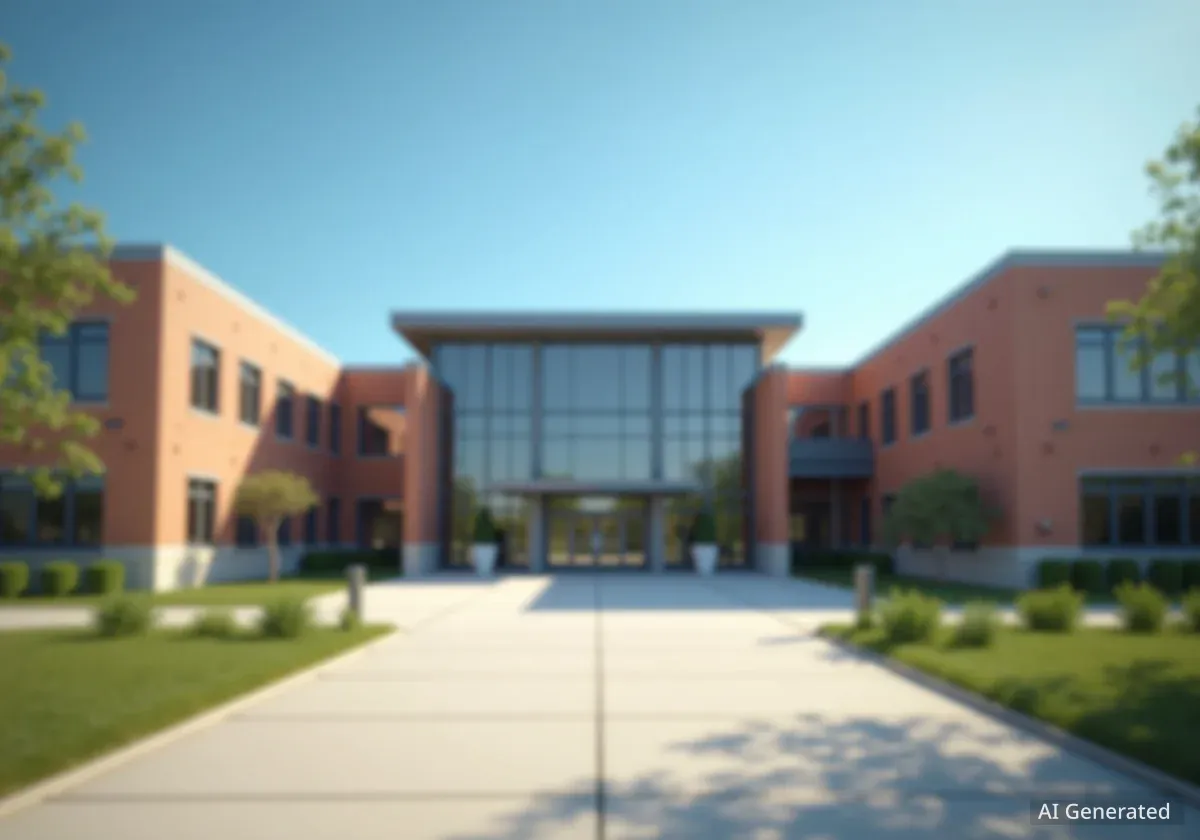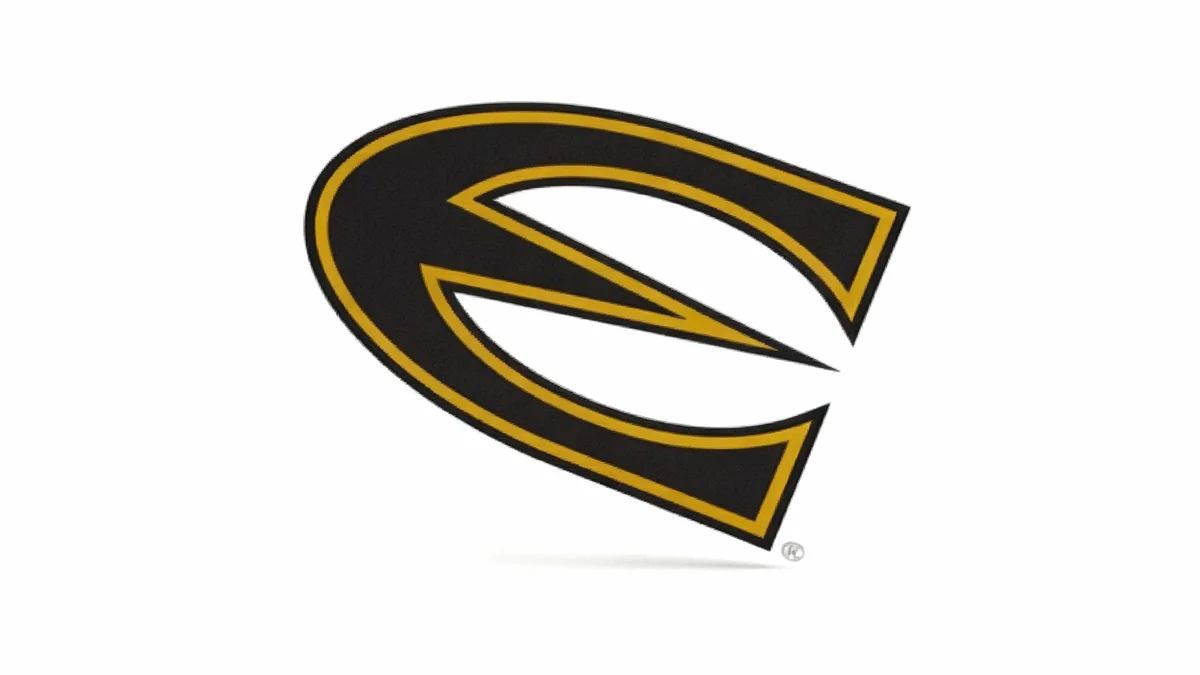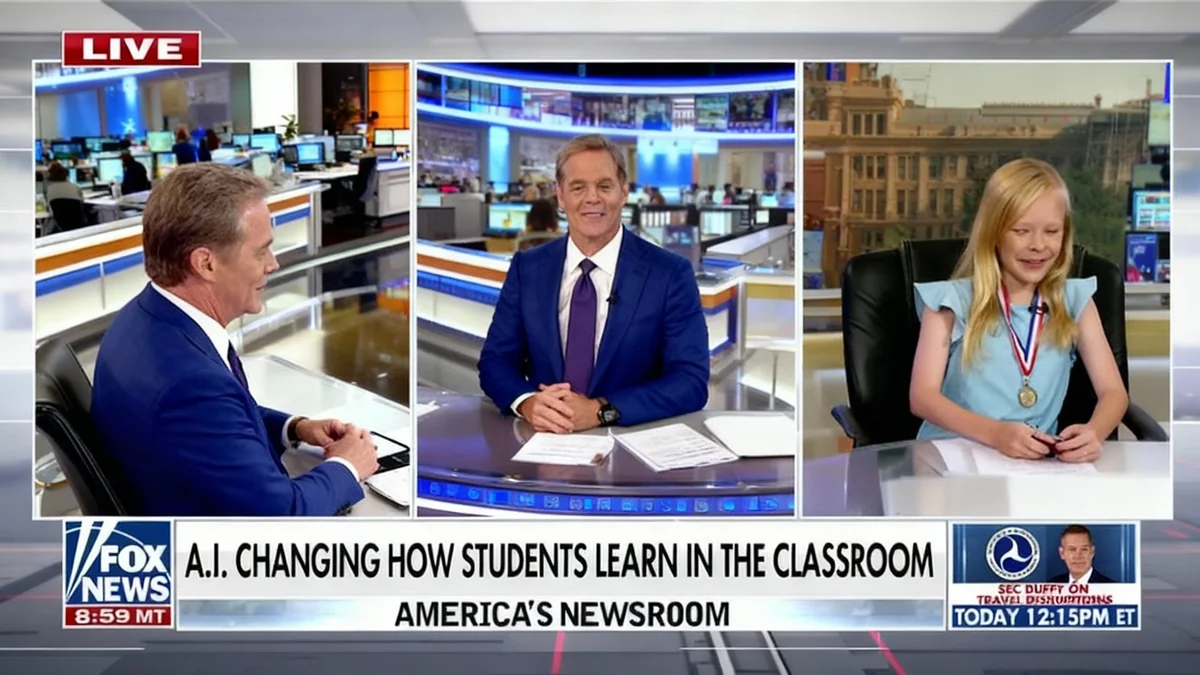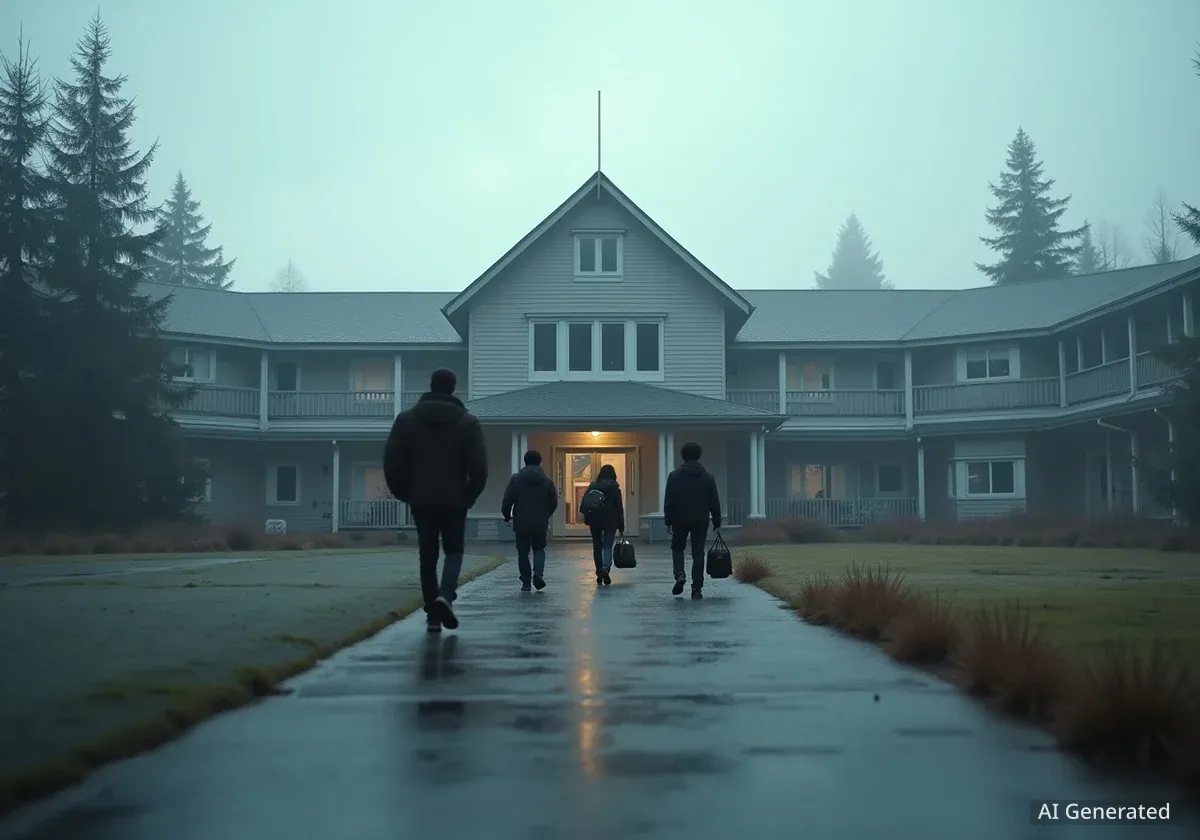Three students from the University of Central Florida (UCF) have been named recipients of the 2025 Astronaut Scholarship, a prestigious award established by the original Mercury Seven astronauts. Keanu Brayman, Kyle Coutray, and Sun Latt were among 74 students selected nationwide from 51 universities.
The honor places UCF in an elite group as one of only three universities with three winners this year. The scholarship recognizes outstanding college students in science, technology, engineering, and math (STEM), providing financial support and mentorship to foster the next generation of innovators.
Key Takeaways
- Three UCF students—Keanu Brayman, Kyle Coutray, and Sun Latt—have received the 2025 Astronaut Scholarship.
- The scholarship was founded by America's first astronauts, the Mercury Seven, to support STEM students.
- UCF is one of only three universities nationwide to have three scholarship recipients this year.
- The students' research spans space exploration, neuroscience, and nanomedicine, reflecting a broad range of scientific inquiry.
A Legacy of Exploration
The Astronaut Scholarship Foundation was created 25 years after the Mercury Seven mission to ensure the United States remains a global leader in STEM fields. The foundation's selection of Brayman, Coutray, and Latt highlights UCF's role in developing talent for critical scientific frontiers.
Each student brings a unique personal history and academic focus to their work, demonstrating the diverse paths that lead to scientific discovery. Their stories are a testament to perseverance, curiosity, and the drive to solve complex challenges.
What is the Astronaut Scholarship?
The Astronaut Scholarship is a nationally competitive award for juniors and seniors studying science, technology, engineering, or mathematics. It was established by the six surviving Mercury Seven astronauts and has since grown to include support from astronauts from the Gemini, Apollo, Skylab, and Space Shuttle programs. Beyond financial aid, scholars are inducted into a network of astronauts, alumni, and industry leaders.
Keanu Brayman: Engineering for a Multi-Planetary Future
For mechanical engineering student Keanu Brayman, the path to space exploration began with Lego robotics kits and a modest telescope in his South Florida home. His early fascination was fueled by his parents' encouragement, which included watching a distant space shuttle launch from a beach.
Brayman’s journey was not without challenges. Coming from a family with no STEM background and facing financial uncertainty, attending college seemed like a distant dream. However, a visit to UCF during a robotics competition changed his trajectory. He learned that faculty were actively seeking students for their research teams.
"My overarching goal is to help humans become multi-planetary, with enough sustained lunar infrastructure to take us further into space," Brayman stated.
At UCF, he has immersed himself in hands-on research. He designed 3D printed housing for optical vision systems in the Optical Imaging System Lab and worked on a rover wheel testbed to simulate lunar surface conditions at the Stephen W. Hawking Center for Microgravity Research. Now in his fourth year, Brayman contributes to the Astrodynamics, Space and Robotics Laboratory (ASRL), researching robotic arms for space operations.
His achievements include an internship with NASA and founding the Society of Innovation and Neurodiversity in Engineering, a club supporting students with challenges like ADHD. For Brayman, the Astronaut Scholarship is more than an award; it's a validation of his mother's lifelong belief in him. "Her belief in me will always be my driving force," he said.
Kyle Coutray: Decoding the Brain's Final Frontier
Kyle Coutray, a senior pursuing dual majors in computer engineering and biomedical sciences, is focused on what he calls the "final frontier": the human brain. He believes exploring its 100 trillion connections requires the same spirit of discovery that sends humanity to the stars.
Coutray’s motivation is deeply personal. A neighbor's life-altering skateboarding accident revealed the brain's fragility and set him on a path to understand it. "That was the moment I realized how fragile the brain is," he recalled. "Later, when I began studying neuroscience at UCF, it offered me a way to reconcile that experience and a clear sense of purpose."
His research focuses on decoding neural signals to develop assistive technologies that restore function to individuals with disabilities. He approaches his complex studies with discipline, relying on fundamental learning habits like note-taking and mapping out concepts step by step.
A Mind-Body Connection
Coutray emphasizes the importance of physical health for mental sharpness. After experiencing a drop in productivity during his first year, he returned to sports and a focus on his health, which led to improvements in his academics, relationships, and research. He believes a healthy body is critical to a sharp mind.
Beyond the lab, Coutray volunteers with ACEing Autism, an organization that provides adaptive tennis activities for children on the autism spectrum. His mission is to use engineering and neuroscience to empower people and, in his words, give them their lives back.
"Some say space is the final frontier. I believe it’s the brain... Exploring it will take the same spirit of discovery that drives us to the stars, and the Astronaut Scholarship fuels my own spirit to make the next discoveries," Coutray explained.
Sun Latt: Innovating with Nanomedicine
Sun Latt, a biomedical sciences student, has had a remarkable year. Before receiving the Astronaut Scholarship, he was named a Goldwater Scholar and an Order of Pegasus recipient, completing a rare trifecta of academic honors at UCF.
Despite the accolades, Latt remains focused on the work ahead. His research in nanomedicine began in his first year and has since yielded significant contributions. He has worked with a team to investigate a novel nanoparticle for magnesium orthopedic implants, which helps bone heal faster while the implant safely dissolves.
Latt’s work also extends to preventive medicine, including research on a delivery system to silence the gene responsible for osteoporosis. For his honors thesis, he is leading a project using nanobubbles to deliver medicine precisely where it is needed in the body.
- Orthopedic Implants: Investigated nanoparticles to accelerate bone healing.
- Preventive Medicine: Contributed to gene-silencing delivery systems for conditions like osteoporosis.
- Drug Delivery: Currently leading research on nanobubble technology for targeted medicine release.
Inspired by his father, a doctor who served rural communities in Myanmar, Latt is driven by a desire to heal. He sees his accomplishments not as his own, but as a product of the support from his mentors and family.
"I’ve been challenging myself for three reasons; To become a good scientist, to make sure my mentors and the people who’ve supported me are not let down, and so I can be the best mentor possible in the future," Latt said.
The success of these three scholars underscores the university's commitment to fostering a new generation of leaders poised to make discoveries on Earth and beyond.
